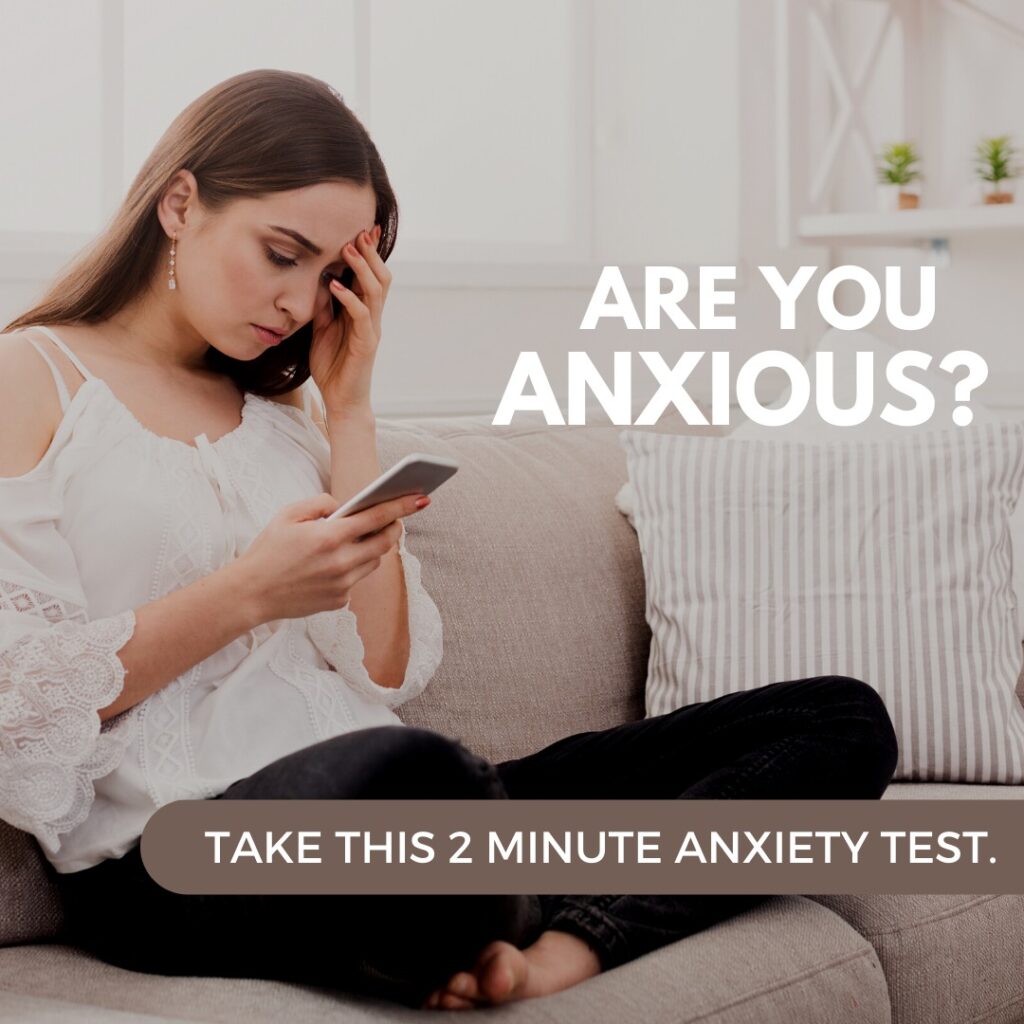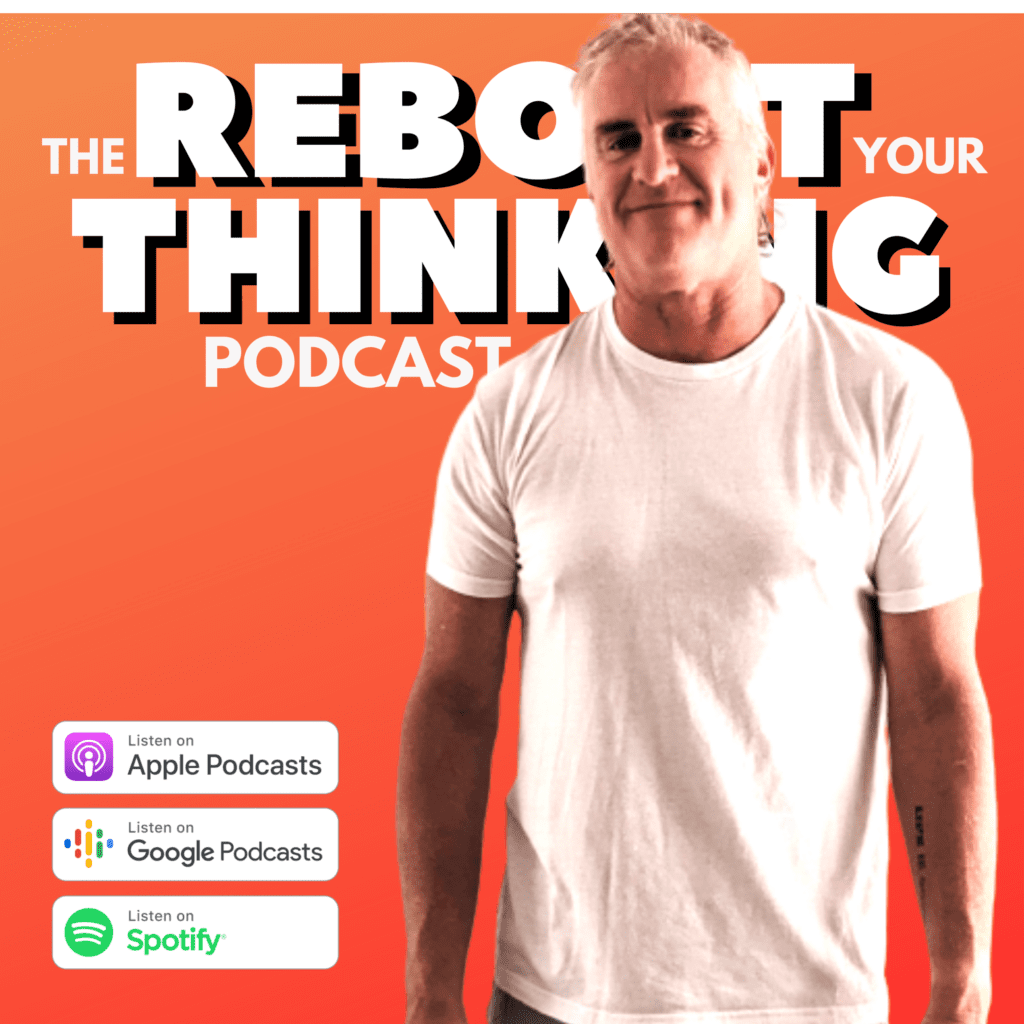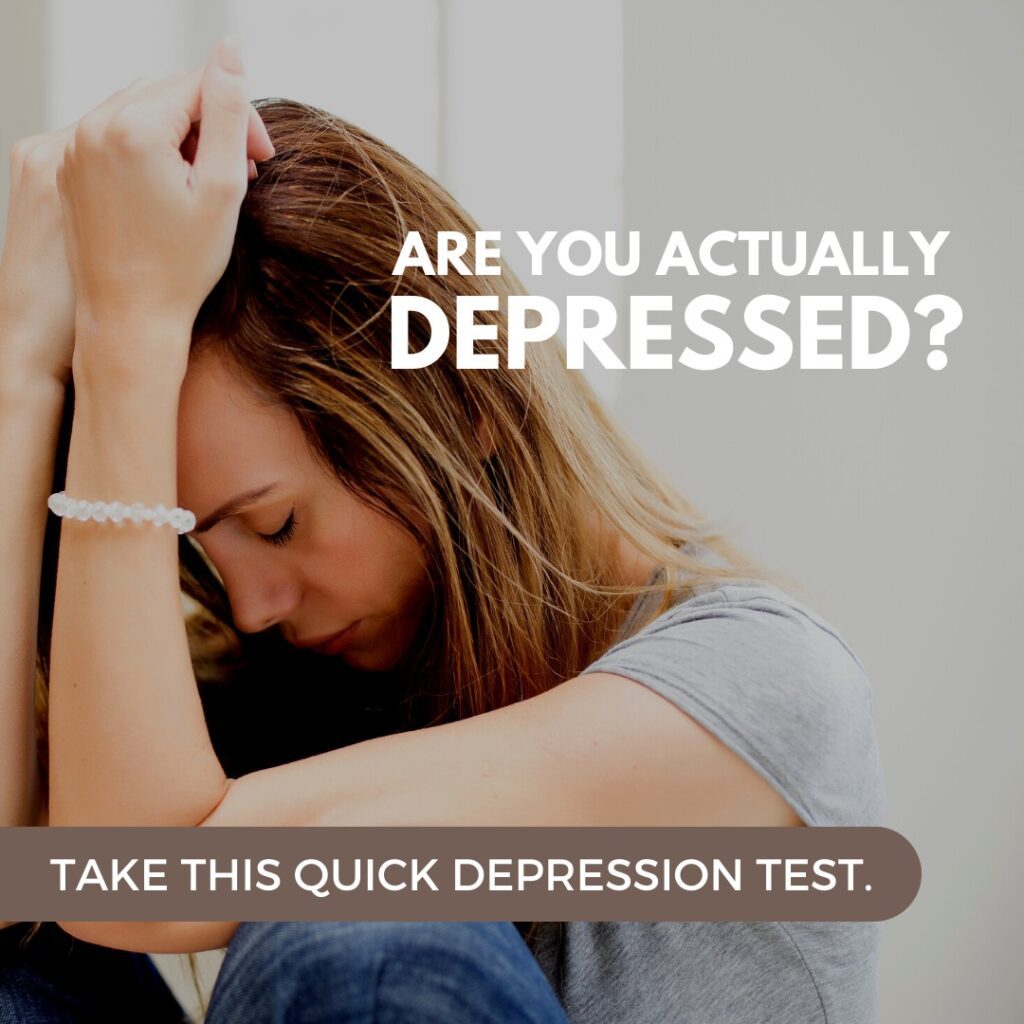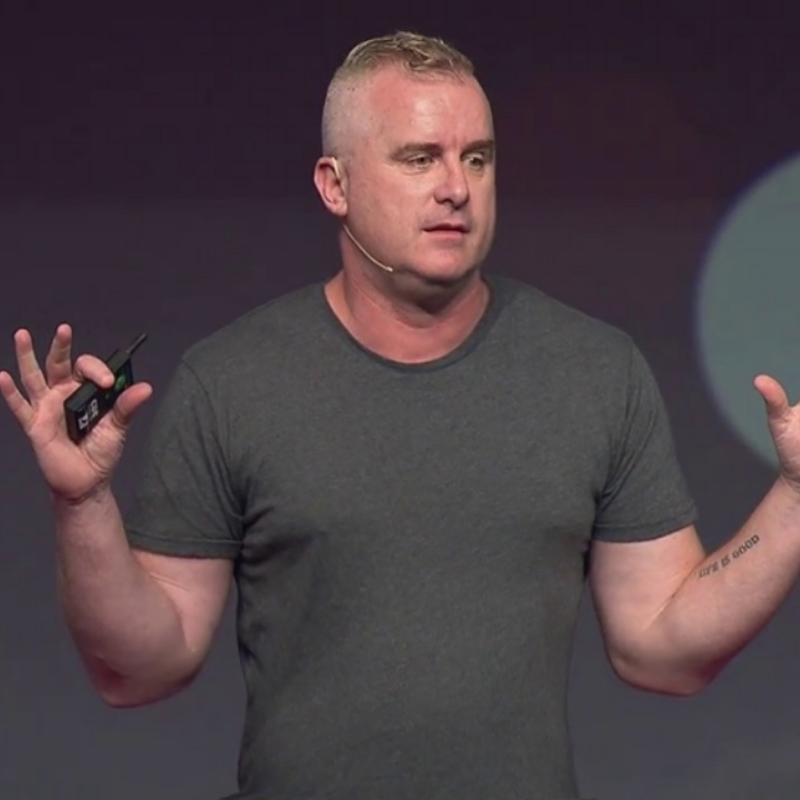There’s no denying all of our lives have changed. Maybe not forever, but certainly in the midst of the COVID-19 Coronavirus crisis, everyone’s world is different.
But it’s not just our personal lives that have changed, obviously.
How we work, where we work, and a million other things around our work or run our businesses have also changed, and some of those things might never be the same as they were again.
The end of cash?
For someone who is already a bit of a germaphobe at times, the idea of cash being handled and passed around by anyone and almost, literally, everyone, has never been an attractive one to me.
So I won’t be sorry to see the end (or at least the serious decline) of cash.
With so many businesses, and customers for that matter, now so much more used to paying with credit or debit cards, or making transfers of money online, as well as receiving money for the same transactions, surely the need for, and presence of, cash going forward is going to be less and less likely.
Everyone is up to speed now.
I have been pleasantly surprised by how many people who would previously described themselves as technology luddites and not even tried to learn something new when it came to technology, are now more than adept at videoconferencing.
The truth is that the old excuse of not being ‘techy’ enough to get something done in the workplace just probably won’t work anymore. The playing field when it comes to the online and tech side of businesses has been somewhat levelled.
No more meetings (well, less anyway).
It might seem like we are attending more meetings than ever before (at least on Zoom), but is that really true? I am definitely spending a lot more time on Zoom, but I’m finding a lot of that time being spent is on more ‘social’ meetings than business ones.
I am the last person who will bemoan the end of meetings – or at least their decline, but I think a lot of people are now (finally) finding that an email can replace a meeting, even that an instant message can replace that email, or maybe there was no need for any of it in the first place.
Events and conferences.
I am a motivational speaker, and the majority of that part of my work has, up until a few months ago, obviously been around me attending conferences and events all over the place. Once this is all over, events and conferences will start up again, but I wonder now that the world has had a taste of attending and speaking at events and conferences on Zoom, if there will be more conferences held online now, or at least an offline event that has an online or videoconference element to it.
Interacting with customers.
How businesses greet and treat their clients and customers has always been steeped in warmth and shaking hands and looking people in the eye and so on. A lot of that won’t change, and that’s a relief really, but do you think people will go back to shaking hands and being up close and personal? I hope they will.
Business travel.
As a motivational and inspirational speaker paid to speak at conferences and events all over the country and, thankfully, around the world, business travel has always been an occupational hazard. When events and conferences start back up again, and they will, I will still have to travel a lot to do the job properly. But will everyone? How much business travel that used to be essential, will now be seen as not so essential?
Social distancing in the workplace.
Just like the ‘touchy-feely’ up close and personal stuff with customers might have gone forever, how we interact with, and even how we are physically situated when it comes to the rest of our workplace might be different from now on too. Whether it’s less people in the office at any one time, or whether complete offices will be gone in lieu of people working in their kitchens at home, social distancing might not just be something we think about in the street and in cafès.
Less or more sick days.
One of the things that used to really get to me when I worked in corporate land, especially in open plan office spaces, was when someone came to work when they were ill. I know that it’s challenging to manage work and life and sick leave allowances (if you even have any), but I was always much more comfortable with people putting their hand up when they were ill, and staying home. I think post-pandemic people will be more likely to do that, and I’m pretty sure most employees and businesses will be more tolerant about it too.
How we buy and sell stuff.
Even the very nature of what we buy or sell, how we do that, and how complete markets could change. A complete change in business model when it comes to deliveries, online ordering, and online customer interfaces could be coming.
Office hours.
I haven’t had a 9 to 5 job for a long time, and that’s not just because I have been in my own businesses for a long time. Even when I was still in the corporate world, I was judged (and judged others) by how effective I was, how much I got done, and what KPI’s I achieved, or didn’t. Surely, it’s more important that an employee actually gets stuff done, than what time they come in, or go home. Post-pandemic, I think more and more employers and businesses will now think the same.
Personnel changes.
How will the roster change? If office life is different – or even if there is no office anymore – will businesses and companies need middle management anymore? Will people who maintain and manage office space be required? Will LOADS more people be needed in whatever team looks after videoconferencing and remote working in a company?
Dress code.
This one is definitely one I won’t be too bothered if I’m right about. I have never understood why people think that if someone is wearing a suit and tie they are more qualified or trustworthy or intelligent. It doesn’t make any sense to me at all. If one thing we have all learned from quarantine and lockdown and Zoom meetings, is that pants are now optional.
Workplace mental health.
But the best thing to come out of this whole, terrible, period in our life, might be that everyone just cares about people they work with much more now. People care about their own mental health a lot more now too, and that can’t be a bad thing.


















